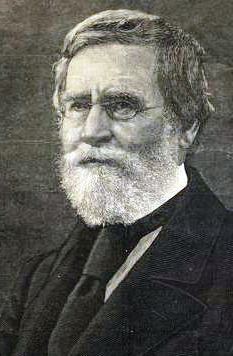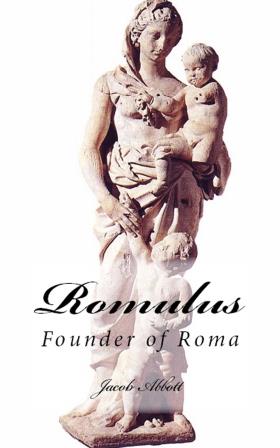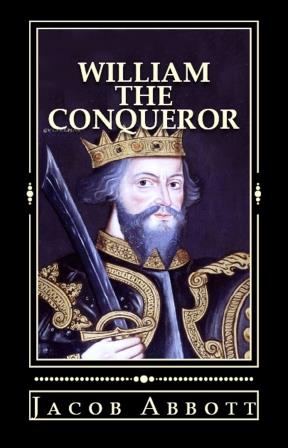More Search Results...

Jacob Abbott (1803 – 1879) was an American writer of children’s books.
On November 14, 1803, Abbott was born in Hallowell, Maine. Abbott’s father was Jacob Abbott and his mother was Betsey Abbott. Abbott attended the Hallowell Academy.
Abbott graduated from Bowdoin College in 1820. Abbott studied at Andover Theological Seminary in 1821, 1822, and 1824. Abbott was tutor in 1824–1825.
From 1825 to 1829 was professor of mathematics and natural philosophy at Amherst College; was licensed to preach by the Hampshire Association in 1826; founded the Mount Vernon School for Young Ladies in Boston in 1829, and was principal of it in 1829–1833; was pastor of Eliot Congregational Church (which he founded), at Roxbury, Massachusetts in 1834–1835; and was, with his brothers, a founder, and in 1843–1851 a principal of Abbott’s Institute, and in 1845–1848 of the Mount Vernon School for Boys, in New York City.
He was a prolific author, writing juvenile fiction, brief histories, biographies, religious books for the general reader, and a few works in popular science. He wrote 180 books and was a coauthor or editor of 31 more. He died in Farmington, Maine, where he had spent part of his time after 1839, and where his brother, Samuel Phillips Abbott, founded the Abbott School.
His Rollo Books, such as Rollo at Work, Rollo at Play, Rollo in Europe, etc., are the best known of his writings, having as their chief characters a representative boy and his associates. In them Abbott did for one or two generations of young American readers a service not unlike that performed earlier, in England and America, by the authors of Evenings at Home, The History of Sandford and Merton, and the The Parent’s Assistant. To follow up his Rollo books, he wrote of Uncle George, using him to teach the young readers about ethics, geography, history, and science. He also wrote 22 volumes of biographical histories and a 10 volume set titled the Franconia Stories.
Romulus
SOME men are renowned in history on account of the extraordinary powers and capacities which they exhibited in the course of their career, or the intrinsic greatness of the deeds which they performed. Others, without having really achieved any thing in itself very great or wonderful, have become widely known to mankind by reason of the vast consequences which, in the subsequent course of events, resulted from their doings. Men of this latter class are conspicuous rather than great. From among thousands of other men equally exalted in character with themselves, they are brought out prominently to the notice of mankind only in consequence of the strong light reflected, by great events subsequently occurring, back upon the position where they happened to stand.
More info →William the Conqueror
ALTHOUGH Rouen is now very far before all the other cities of Normandy in point of magnitude and importance, and though Rollo, in his conquest of the country, made it his principal headquarters and his main stronghold, it did not continue exclusively the residence of the dukes of Normandy in after years.
More info →

































